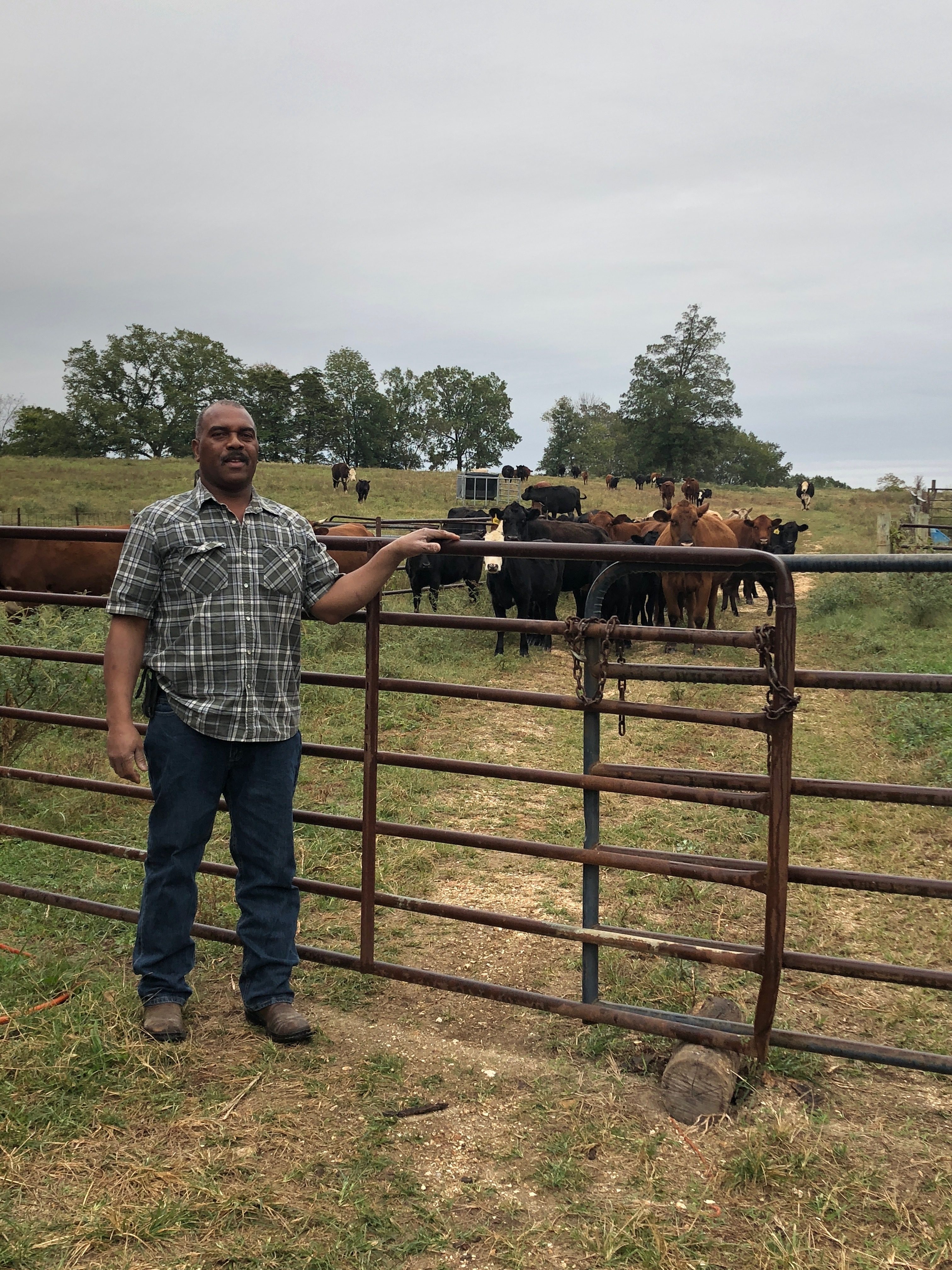 The Miscellaneous Title of the Farm Bill is divided into four sections: livestock; socially disadvantaged and limited-resource producers; other miscellaneous, and a fourth section on oilheat efficiency, research, and jobs training.[1]
The Miscellaneous Title of the Farm Bill is divided into four sections: livestock; socially disadvantaged and limited-resource producers; other miscellaneous, and a fourth section on oilheat efficiency, research, and jobs training.[1]
The livestock section of the 2014 Farm Bill’s Title XII includes provisions that address animal health, such as the establishment of an animal health laboratory network and renewals of the Aquatic Animal Health and Trichinae Certification programs of the 2008 bill.[1] Trichinae Certification allows the USDA to certify compliance with best production practices, designed to enhance swine and pork producers’ ability to export products.[2] The National Aquatic Animal Health Plan works to detect, control, or eradicate diseases of aquaculture species through cooperative agreements between the USDA, NOAA Fisheries Service, and the US Fish and Wildlife Service. [2]
In addition, the Miscellaneous Title “establishes a competitive production and marketing grant program for the sheep industry” through the National Sheep Industry Improvement Center.[1]
To address socially disadvantaged and limited-resource producers, the 2014 Farm Bill made available $10 million in annual mandatory funds towards Outreach and Assistance for Socially Disadvantaged Farmers and Ranchers.[2] The program works to “enhance the coordination of outreach, technical assistance, and education efforts, to reach socially disadvantaged and veteran farmers, ranchers, and forest landowners in a linguistically appropriate manner and to improve their participation in the full range of USDA programs.” [3]
The 2014 Farm Bill also “creates a military veterans agricultural liaison within USDA to advocate for and to provide information to veterans, and establishes an Office of Tribal Relations to coordinate USDA activities with Native American tribes.”[1]
Other miscellaneous provisions under the 2014 Farm Bill prohibit attendance at animal-fighting events, include grants to the U.S. maple syrup industry, and grants for technological training for farm workers.[1]
The last section of the Miscellaneous Title includes two provisions related to the Environmental Protection Agency (EPA). The first calls for the establishment of a “standing agriculture-related subcommittee under the EPA’s Science Advisory Board to provide advice on matters of significant impact on agricultural entities.”[1] The second exempted certain silviculture activities from National Pollutant Discharge Elimination System (NPDES) permit requirements. Among other activities, a NPDES permit will not be required for discharge from runoff from nursery operations, reforestation and subsequent cultural treatment, prescribed burning, or road construction and maintenance.[4] To learn more about the NPDES process, visit our Clean Water Act page under the “polluted waters” section.
For a comprehensive summary of the Miscellaneous Title of the 2014 Farm Bill, check here.
[1] Chite, Ralph. The 2014 Farm Bill (P.L. 113-79): Summary and Side-by-Side, Congressional Research Service. http://nationalaglawcenter.org/wp-content/uploads/2014/02/R43076.pdf
[2] Wallace, Siobhan. “Title 12: Miscellaneous” http://www.thefarmbill.com/#!title-12-miscellaneous/c7i9
[3] USDA. “Socially Disadvantaged Farmers & Ranchers.” http://www.outreach.usda.gov/sdfr/
[4] Fretz, Nathan. Law Firm of Olsson Frank Weeda Terman Matz PC. “Hidden Gems in the Farm Bill.” http://www.ofwlaw.com/2014/02/10/hidden-gems-in-the-farm-bill/
